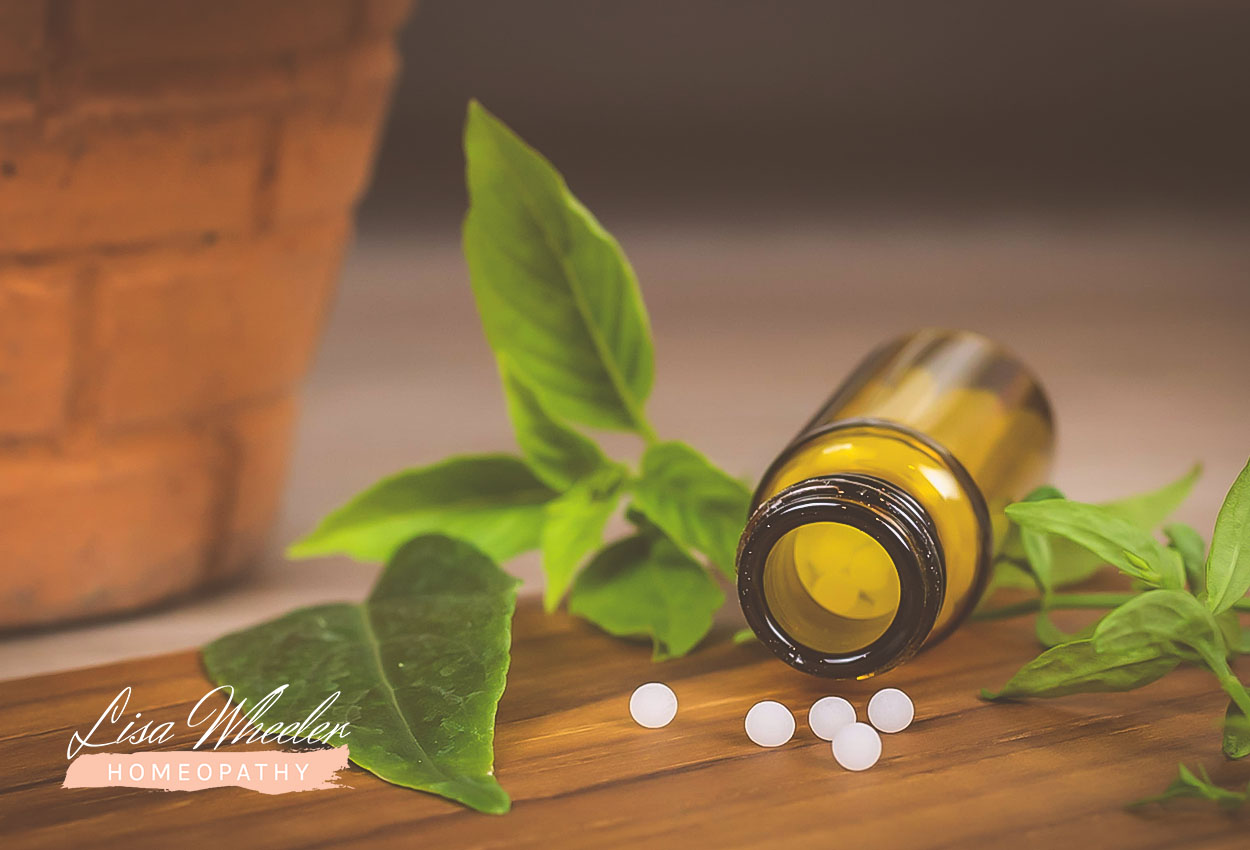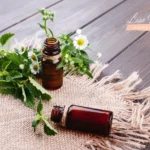So, is homeopathy scientific? That is the ultimate question.
The most common assertion made by skeptics of homeopathy is that since homeopathic remedies are highly diluted and do not have any biochemical content, they cannot possibly be effective …
Originally posted by Dr. Sharif on May 16, 2015
… and, that they are simply sugar pills that work only by means of placebo. In conventional medicine (i.e. pharmaceutical drugs) or even in naturopathic medicine (i.e. herbal and nutritional supplements), we are used to the concept that the larger the dose of medicine, be it milligrams or milliliters, etc., the more powerful the effect.
Furthermore, the more diluted a solution, the weaker it becomes.
Even in day to day life we practice a similar concept.
For example, if we want our food to taste more salty, we add more salt (versus less) to the food. In this model that we human beings have embraced so dearly for eons, of course it’s only natural for us to believe that the more diluted something is, the weaker it must be.
And, since homeopathic remedies (as opposed to even herbs and nutritional supplements) are so extremely diluted that there is indeed hardly anything of the original substance left in the remedies, skeptics assert that the remedies must be completely void of any medicinal powers.
It turns out, however, that the remedies work not due to any biochemical content, but due to the “memory” that the water molecules retain within them once exposed to a substance, any substance. Every substance affects water differently upon contact, and water molecules actually REMEMBER what has touched them! Since every substance changes water molecules in a unique fashion (i.e. creating a unique memory that water molecules can apparently store), each can lead to a unique remedy.
Thus the large number of homeopathic remedies in existence. We are talking about water memory here (in homeopathy), not biochemical stuff as is the case with pharmaceutical drugs or even herbal or nutritional supplements.
(Note that homeopathic remedies are different from herbal or nutritional medicines in that herbs and nutrients do have actual biochemical ingredients like drugs do, but homeopathic remedies do not.)
Dr. Luc Montagnier, the French virologist who won the Nobel Prize in 2008 for discovering the AIDS virus, surprised the scientific community with his strong support for homeopathic medicine. Montagnier, who is also founder and president of the World Foundation for AIDS Research and Prevention, asserted, “The high dilutions (used in homeopathy) are right. High dilutions of something are not nothing. They are water structures which mimic the original molecules.”
According to Dana Ullman (an internationally known homeopath), “Although it is common for modern-day scientists to assume that none of the original molecules remain in solution after sequential dilutions found in homeopathic preparations, Montagnier’s research (and that of many of his colleagues) has verified that electromagnetic signals of the original medicine remains in the water and has dramatic biological effects. Montagnier also expressed real concern about the unscientific atmosphere that presently exists on certain unconventional subjects such as homeopathy.”
Another nobel prize winner, Dr. Brian Josephson, PhD, states: “There have not, to the best of my knowledge, been any refutations of homeopathy that remain valid…. I went to a conference where the French immunologist Jacques Benveniste was talking for the first time about his discovery that water has a ‘memory’ of compounds that were once dissolved in it — which might explain how homeopathy works. His findings provoked irrationally strong reactions from scientists, and I was struck by how badly he was treated.”
In his book titled “Homeopathic Family Medicine”, Dana Ullman has citings of numerous scientific research articles validating the efficacy of homeopathic medicines. He states “skepticism of any subject is important to the evolution of science and medicine. However, as stated by the Nobelist Brian Josephson, many scientists have a ‘pathological disbelief’ in certain subjects that ultimately create an unhealthy and unscientific attitude which blocks real truth and real science. This ‘pathological disbelief’ is embodied by the statement ‘even if it were true I wouldn’t believe it.’ Skepticism is important, but pathological disbelief is unhealthy. True scientists should try to explore possible new ways to understand and verify strange but compelling phenomena.”
Indeed homeopathy cannot be more scientific. Homeopathy has a 200 year history of extensive record keeping obtained during a meticulous process known as “provings”. During the process of “provings”, the minutest details are thoroughly investigated and documented. The amount of literature on homeopathic “provings” is staggering. Much of this research and documentation has been offered to the world of medicine by medical doctors (not just alternative practitioners) over the last two centuries.
Homeopathy is an integral part of my primary care naturopathic practice. I have written a book (titled Visual Homeopathy) and numerous articles on the subject. I have given talks on homeopathy at statewide, regional, and national associations (i.e. the American Association of Naturopathic Physicians). Over the years, I have taught homeopathy at various naturopathic schools in North America, and have seen it work on countless number of patients. I have gathered over 500 patient videos, giving testimonials on the effectiveness of these little but yet powerful medicines.
Unfortunately, however, I have also encountered unfounded skepticism from some patients who attribute the effectiveness of homeopathic remedies to the placebo effect. When asked for theoretical proof on the effectiveness of homeopathic remedies, I share the following with skeptical patients: Homeopathy works effectively in small toddlers with autism and/or skin rashes (for whom the placebo effect clearly does not apply), in pets, in severely mentally ill, in unconscious people, etc. I have seen results with homeopathic remedies that most people would consider miraculous. My response to those individuals who, based on their own positive experience with these, what one might call, “nanomedicines” (“nano” meaning extremely small) consider homeopathy miraculous is that homeopathy is no more miraculous than how grapes turn into wine, how the grass a cow consumes turns into milk, and how we human beings turn food and oxygen into mental processes.
There are miracles all around us every single day. Life itself is a miracle, and since homeopathy is a subset of life, it’s no more or no less miraculous than life itself.
Although we sometimes need more aggressive therapies such as pharmaceutical drugs and even surgery, often our body needs a gentle reminder to start healing naturally on its own, and that’s when homeopathy comes in.
Let me explain … You might have also noticed in your own personal and professional lives that sometimes you are much more likely to influence a person when you utter your words more gently/softly as opposed to aggressively/harshly. For example, anyone who has ever had or been around kids can probably attest to this. Most often we find that if we are aggressive in our approach, children emotionally withdraw or rebel and fight back. However, when we figure out how to share our concerns with tactfulness and wisdom, they are much more likely going to hear us and cooperate with us.
Is homeopathy scientific? Homeopathy is that wise system of medicine that offers us means of communicating with our bodies using those gentle tones that our bodies and souls so crave and beautifully respond to. Our bodies are most definitely designed to heal on their own, and often only a gentle reminder is sufficient, and homeopathy is that gentle reminder.
On a final note, I’d like to share a quote from the American economist and social theorist and writer Stuart Chase, “For those who believe, no proof is necessary. For those who don’t believe, no proof is possible.”
Dr. Sharif
Message or book a consultation Lisa today and learn more about how homeopathy can help you and your entire family.
SHARE THIS POST WITH A FRIEND OR ON SOCIAL MEDIA







